
It’s clear from his searingly honest memoir that for every work of genius the comedian and writer Ben Elton has created during his 45-year career, there’s been someone waiting in the wings to put him down.
What Have I Done?, the title of the book, could be interpreted as an introduction to all his achievements, and there are many, from creating The Young Ones starring Rik Mayall and Adrian Edmondson, to Blackadder, We Will Rock You, 16 novels, collaborations with Richard Curtis and Andrew Lloyd Webber and, most recently, the Shakespearean comedy Upstart Crow starring David Mitchell.
But the book title could also mean, ‘What have I done to deserve the endless media slatings I received about my work and the personal attacks from columnists and celebrities?’ as he recalls the bad reviews and general Ben-bashing over the years. One excerpt is headlined ‘Why does everybody hate you?’
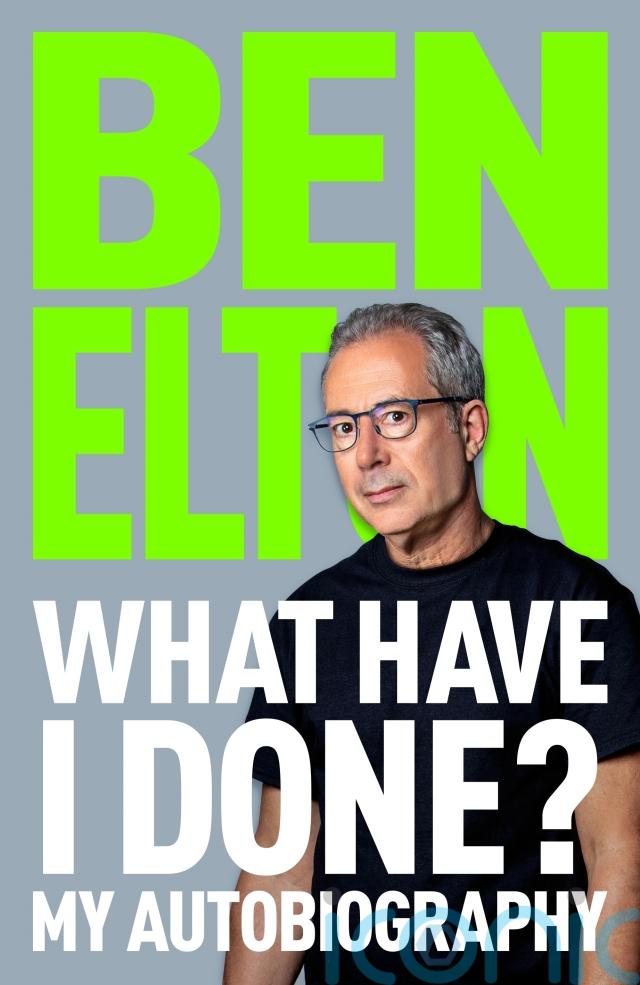
“I had to think really hard about whether I talked about all the crap I’ve copped over the years because I know that nobody noticed it like I noticed it,” says the 66-year-old award-winning novelist, playwright, TV writer and lyricist, who is still a motormouth but not the shouty comic in the shiny suit viewers saw on Saturday Live in the 1980s.
“It’s like when you get a bad review, most people haven’t read it, although some of my slaggings were famous enough to make the news – We Will Rock You was one and The Wright Way (a sitcom which flopped) was another.
“It was a major factor that for about 35 years, from the moment I became famous, and famous as a writer, I seemed to be a lightning rod for people wishing I’d shut up. And because I didn’t shut up, in fact I got louder and did more, that irritated a lot of people.
“Maybe I was very irritating or maybe the British arts media have a problem with enthusiasm and success.”
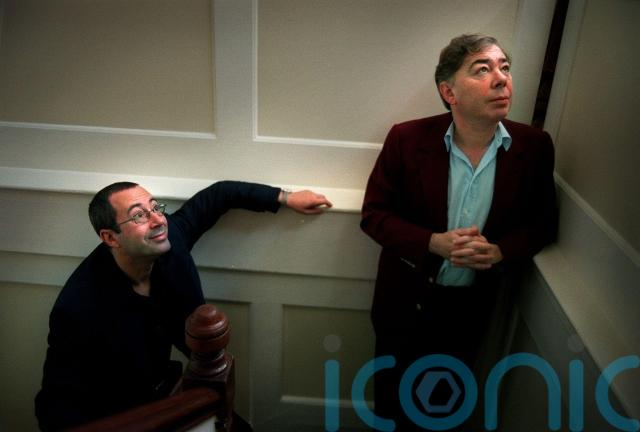
Today, he agrees that to some extent he has mellowed.
“Only in my own work ethic,” he muses. “I’ve always been very drawn to work and felt a sort of compulsion to get on with it. Sometimes, detrimentally, I’ve been trying to do three things at once. I talk (in the book) about spinning plates and the broken crockery that most of them end up.
“Now I don’t have spinning plates. I wrote this autobiography without trying to write something else at the same time.”
In recent years Elton, who divides his time between Britain and Australia, where his musician wife Sophie Gare is from, has returned to stand-up, touring in 2019 and again last year.
“I love being an old stand-up. I’m not the zeitgeist. Young people push society one way or another and these days they have different agendas to what we had, and I can relax a bit and explore what I want to say and how I feel about myself.”
Top of his bucket list is to spend more time with his wife, as his work in Britain – she has often remained in Australia near her relatives – has at times kept them apart for months at a time.
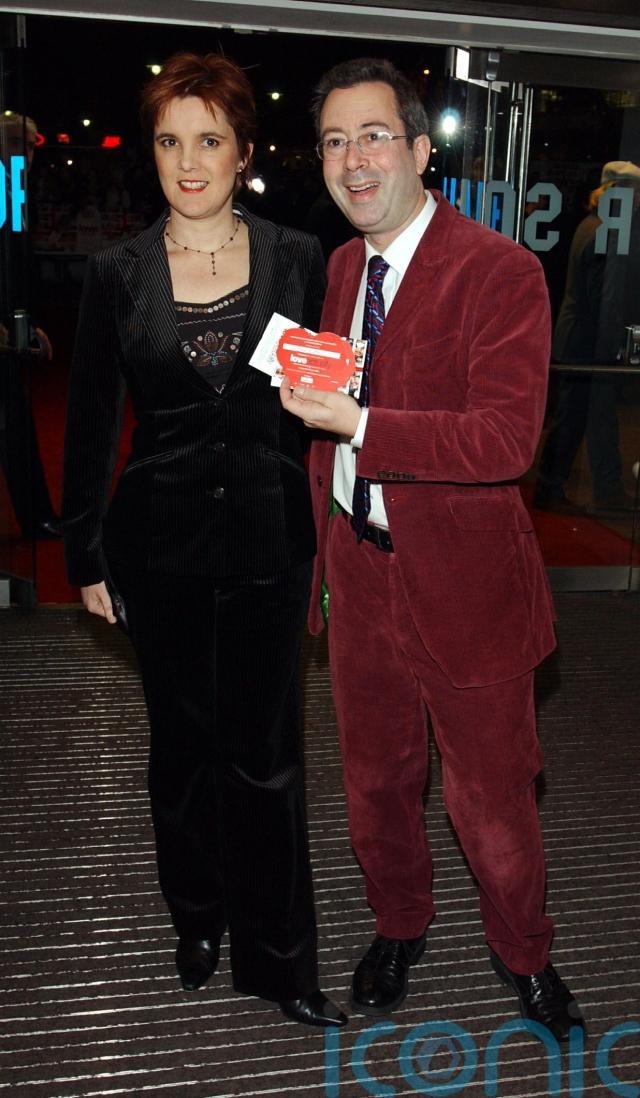
“It’s about work-life management and for many years work was to the front. I became a novelist partly because it kept me at home. But now the kids (he has three grown-up children) aren’t keeping me at home any more, I need to focus more on getting home.”
The boy from Catford rose to fame in the 1980s as the ‘lefty’ comedian who ‘talked a bit of politics’ at his gigs, becoming the BBC’s youngest ever sitcom writer at the age of 21.
But his recollections of flops and scathing critiques, along with some of the agonising processes he went through to bring his TV writing to fruition, show there is no easy path to success.
Elton insists it’s a very positive book, and indeed it has plenty of amusing showbiz anecdotes – his crush on a young Emma Thompson, getting drunk with Rik Mayall, his abiding friendship with Jennifer Saunders and Adrian Edmondson et al.
But he also writes that Alexei Sayle slated him quite viciously in a column, and that the collaborations with Mayall weren’t without their problems.
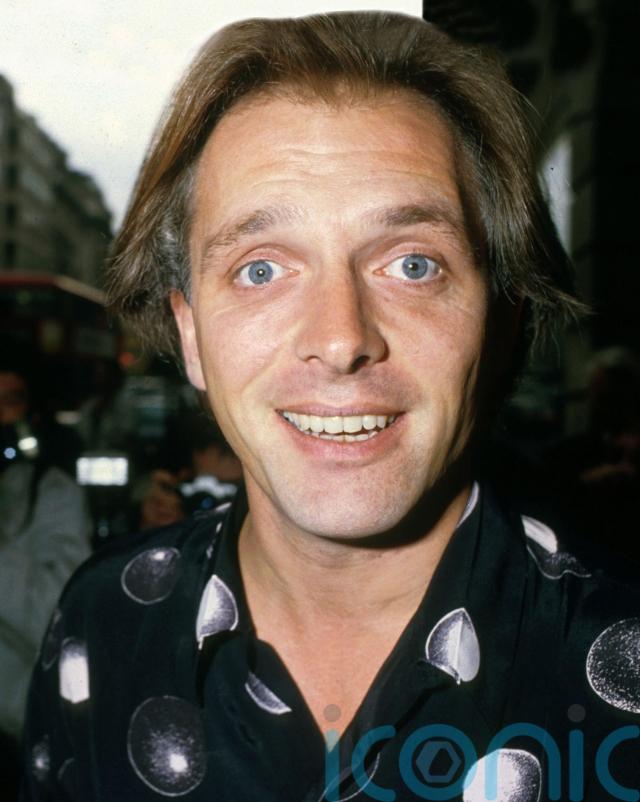
Today, he says: “I’ve scarcely ever fallen out with a colleague and I’ve worked with all of them many times. I talk about maybe two or three people who didn’t like me but even then, with the Alexei story, it was resolved in the end with his apology.”
He continues: “I don’t feel I’m either vulnerable or defensive but I’ve lived a life in the public eye and been commented on many times, up until a few years ago when things just turned around.
“I got old enough, I suppose, for no modern writer to care much about me.”
His career began after meeting Mayall and Edmondson at Manchester University, where he studied drama, and when he moved to London in the 1980s, culture was shifting, he recalls.
“There was a shift happening in comedy. The decade was a very seismic one. Thatcher changed Britain fundamentally, and we who’d been born into a rather comfortable world of the post-war consensus, university grants, the NHS, the attacks on those community ideas were just beginning when I first became an adult. So whatever side of the political fence you were on, interesting times create interesting art.”
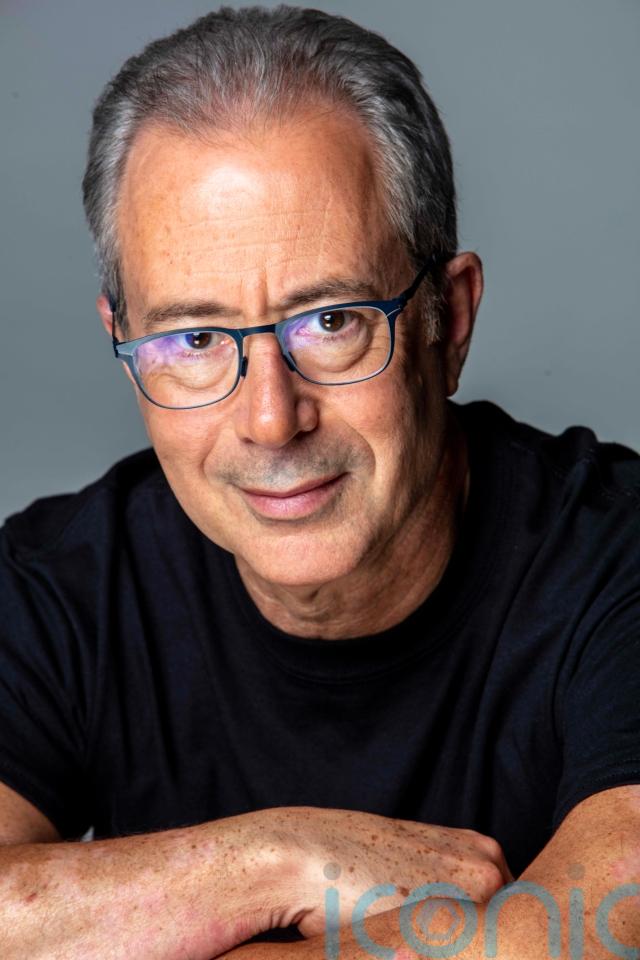
He has remained friends with many of those who were with him at the beginning – “I’ve been having Sunday lunches with Ade and Jen for 35 years “ – and with people he has met later, such as David Mitchell, who he calls his newest old friend.
The sparkly suit and shouty persona he wore in those days of Saturday Live in the 1980s followed him relentlessly, he agrees.
“It definitely defined me in a way that I was never able to escape. It also made me a celebrity. My friend Richard Curtis, who edited the book for me, never became famous – although slowly but surely he did because of his movies. That could have been me. I could have had the success as a writer without the attendant brickbats.
“There’s no doubt that the crap I’ve copped as a writer has always been through the prism of me as a stand-up comedian. I’ve never written a novel [where] the sparkly suited comedian hasn’t been in the mind of the person reviewing it.”
Society has changed since his career began. The internet and social media arrived. Do comedians have to be more careful now about content?
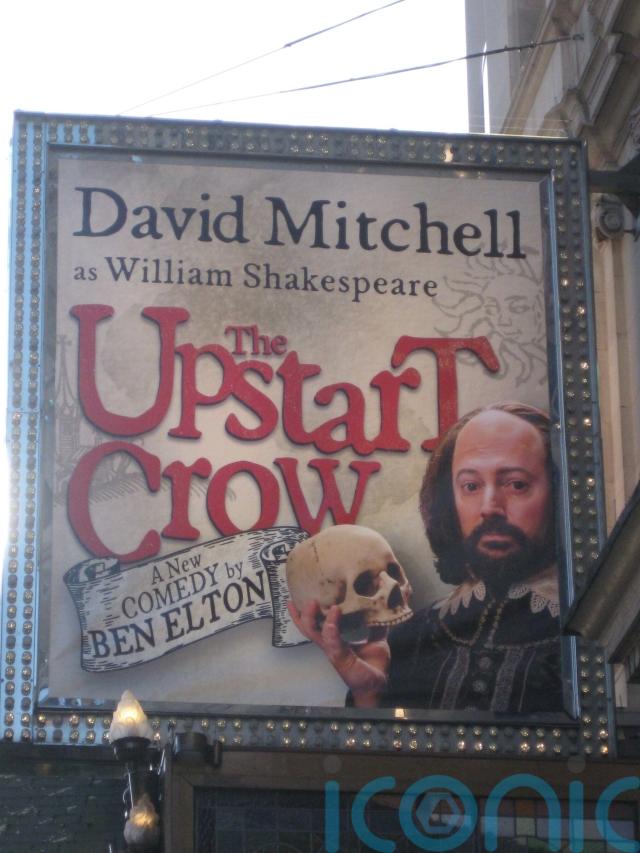
“I think we do live somewhat in a more censorious society. The internet has made it possible to misrepresent someone’s comments so entirely that I think people are more careful.
“They’re not more careful about having opinions, what they are scared about is being misrepresented.
“If you make a nuanced comment on one of the subjects of the day, be it gender or race, you might find yourself being ‘quoted’, misquoted or taken out of context and suddenly you’re being portrayed as someone you’re not and you’ll never escape this.”
He no longer reads reviews of his work and is not on social media as he fears it would be detrimental to his mental health.
“It means that I can’t be heckled in my pocket all day, every day. I’ve had enough heckling. I was being trolled by the old media. I don’t need to make myself available to the new media.”
What Have I Done? by Ben Elton is published by Macmillan, price £25. Available now.
Subscribe or register today to discover more from DonegalLive.ie
Buy the e-paper of the Donegal Democrat, Donegal People's Press, Donegal Post and Inish Times here for instant access to Donegal's premier news titles.
Keep up with the latest news from Donegal with our daily newsletter featuring the most important stories of the day delivered to your inbox every evening at 5pm.